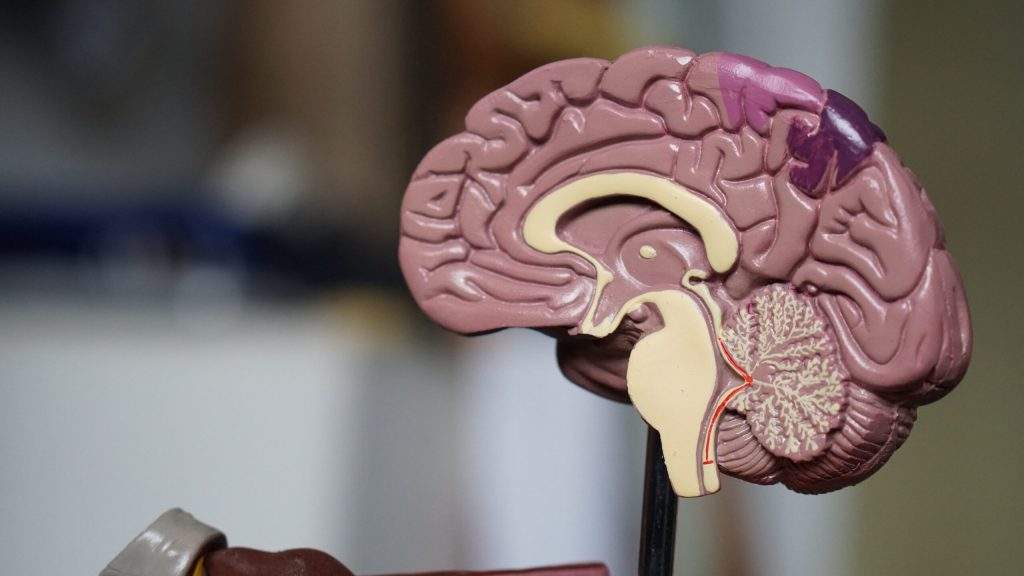

Diagnosing and treating mental illnesses, as schizophrenia, is incredibly complex. Because the same illness will present differently in every patient. Also, there is often no singular treatment that is effective for all patients. Furthermore, even if the same treatment is applied the success of therapy can vary from patient to patient.
Researchers at the UMBC are developing tools to improve the analysis of functional magnetic resonance imaging (fMRI) data. Through their work, they made groundbreaking advancements in identifying key patterns in brain imaging for patients with mental illnesses, such as schizophrenia. The findings from this study are available in the journal NeuroImage.
The researchers working on this task believe that their work can help in the diagnosis and treatment of mental illnesses. Not only that, but it can also show medical practitioners whether the current treatments are effective.
Through this method, they were able to categorize subgroups of fMRI data based on singular brain activity. Furthermore, this approach is proving that there is a connection between brain activity and certain mental illnesses. In particular, they were able to identify subgroups of schizophrenia patients using the fMRI data.
The Tri-institutional Center for Translational Research in Neuroimaging and Data Science in Georgia is furthering this research. Through their work, they are giving medical practitioners an objective way to analyze the fMRI results. They achieve this by analyzing patients within relatively homogenous diagnostic subgroups whose fMRI results they compare over time. They do this for every patient individually.
For a schizophrenic patient who receives treatment, this method is helpful because it shows whether or not the treatment was successful. Researchers can determine the effect of the treatment by looking at the fMRI data. That is, the fMRI data should resemble that of the control group for the treatment to be effective. Not only that, but this method can also help us determine which treatments work best for subgroups of patients with specific mental illnesses.
Environmental Enrichment May Correct Errors in Brain Development
New Method for Psychosis Detection
Sleeping Pills May Decreases Suicidal Thoughts in Individuals with Insomnia and Depression
https://eurekalert.org/pub_releases/2020-06/uomb-nwt062620.php
